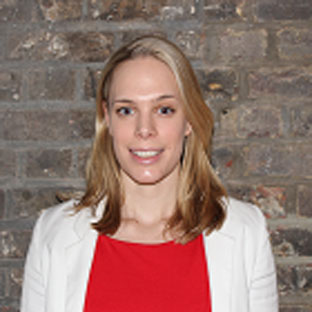Since publishing a preview of our analysis of ‘subject deserts’ throughout England, the Open Public Services Network (OPSN) has been overwhelmed with interest from parents, school governors and regulatory bodies alike.
Today, we are pleased to publish our in depth analysis of this issue: Lack of options: how a pupil’s academic choices are affected by where they live. The data revealed that the curriculum a pupil will be taught in an English school varies according to whether they live in a wealthy or poor neighbourhood. For example:
- In North East Lincolnshire half the schools entered no children for triple science. In Medway, Knowsley, Slough, Kingston upon Hull and Newcastle more than a third of schools do not enter any pupils for triple science. In contrast, in Sussex and Cumbria every school has at least some pupils taking GCSEs in three sciences.
- Children in Kensington are four times more likely to be enrolled for a language GCSE than children in Middlesbrough where, on average, only one child in every four takes a language GCSE.
- Children are most likely to be entered for an art GCSE in Portsmouth and least likely in Kingston upon Hull, where it is four times less likely.
Given the facts that have emerged from the data, certain questions must now be addressed, including:
- Why is there a correlation between deprivation and access to triple science?
- What role is there for Local Education Authorities, and what levers are available, to ensure sufficient access to triple science, languages and other subjects?
- How do we define ‘sufficient access’, and are there alternative routes for young people to keep their education opportunities open?
Whilst our report focused on science and modern foreign language GCSEs, the Warwick Commission’s report, released earlier this week, also found that over the past 10 years, there was a 50% drop in the GCSE numbers for design and technology, 23% for drama and 25% for other craft-related subjects. The Commission also found lower than average numbers of students from low income backgrounds go onto take vocational and higher education courses which feed the cultural and creative sector. It seems that many children are indeed facing subject deserts, with the effects – including limited longer-term career opportunities - particularly acute in deprived areas.
The OPSN and RSA are committed to enabling open debate about the quality and value of information available to the public about education, health and other key services. We develop new and better ways to measure impact and value for money in ways that make sense to, engage and empower the public. Transparency must be a key strand in our vision for ‘Power to Create’ and I’ll be saying more about this over the coming months.
We have made the data highlighted in this report available for download for independent analysis and opinion. We hope that this report is the first in a long series of conversations regarding access to educational opportunities across the country.

Be the first to write a comment
Comments
Please login to post a comment or reply
Don't have an account? Click here to register.